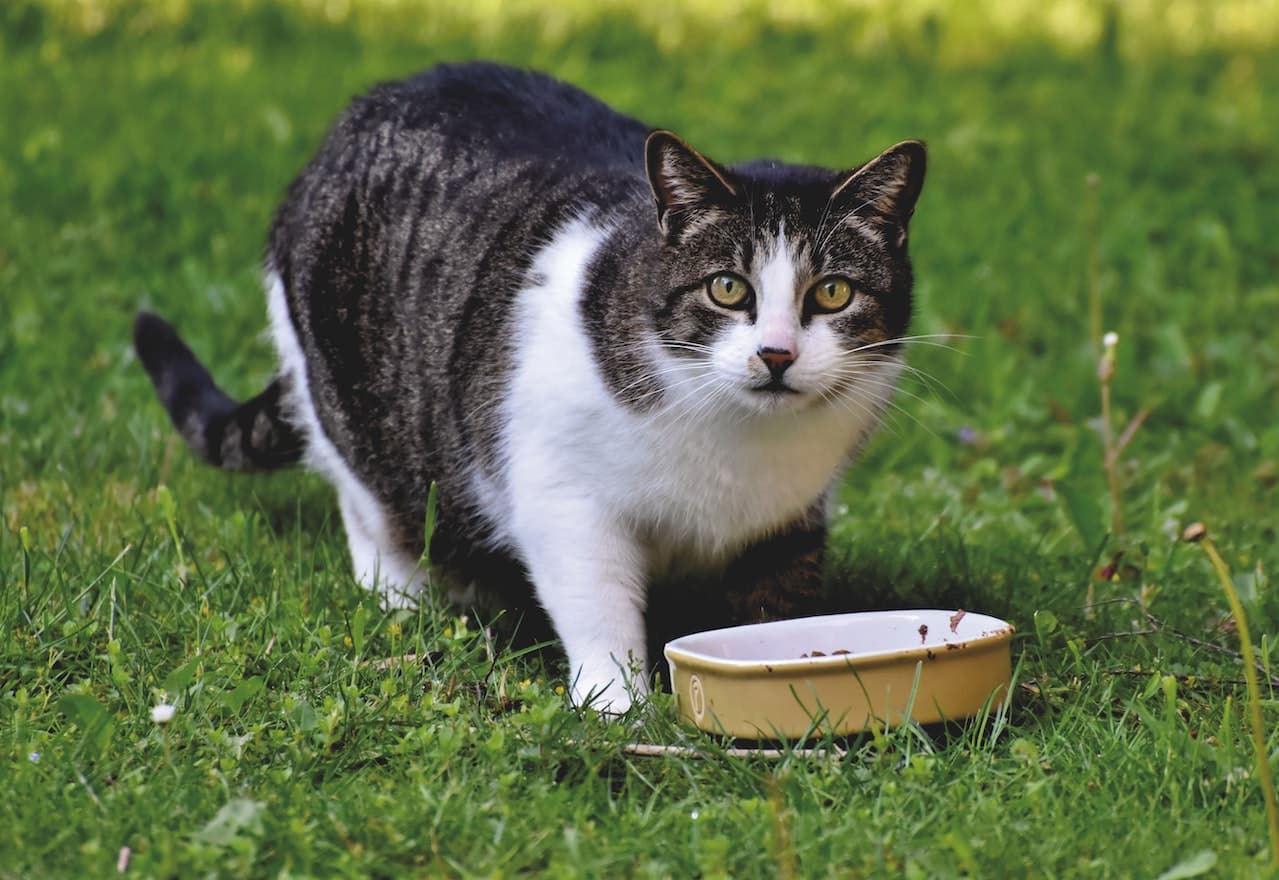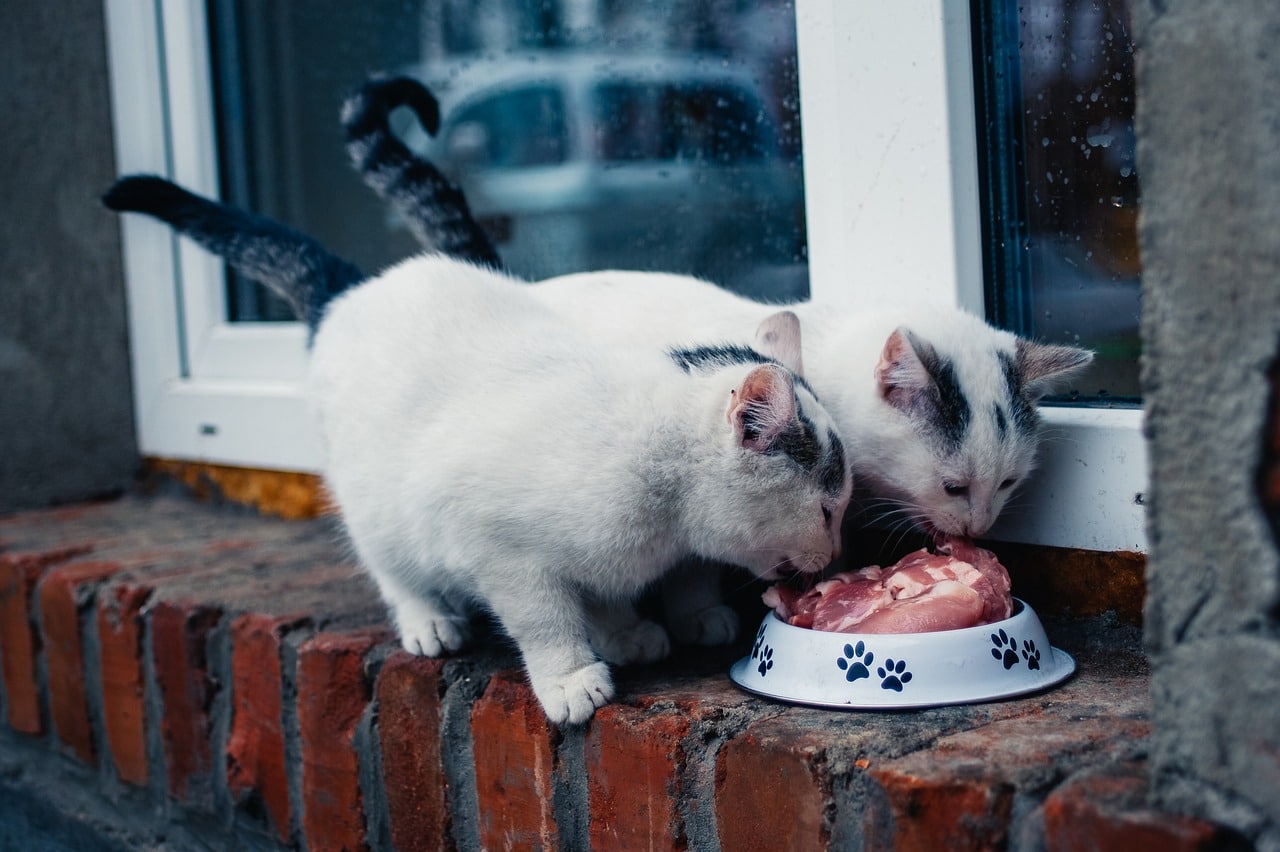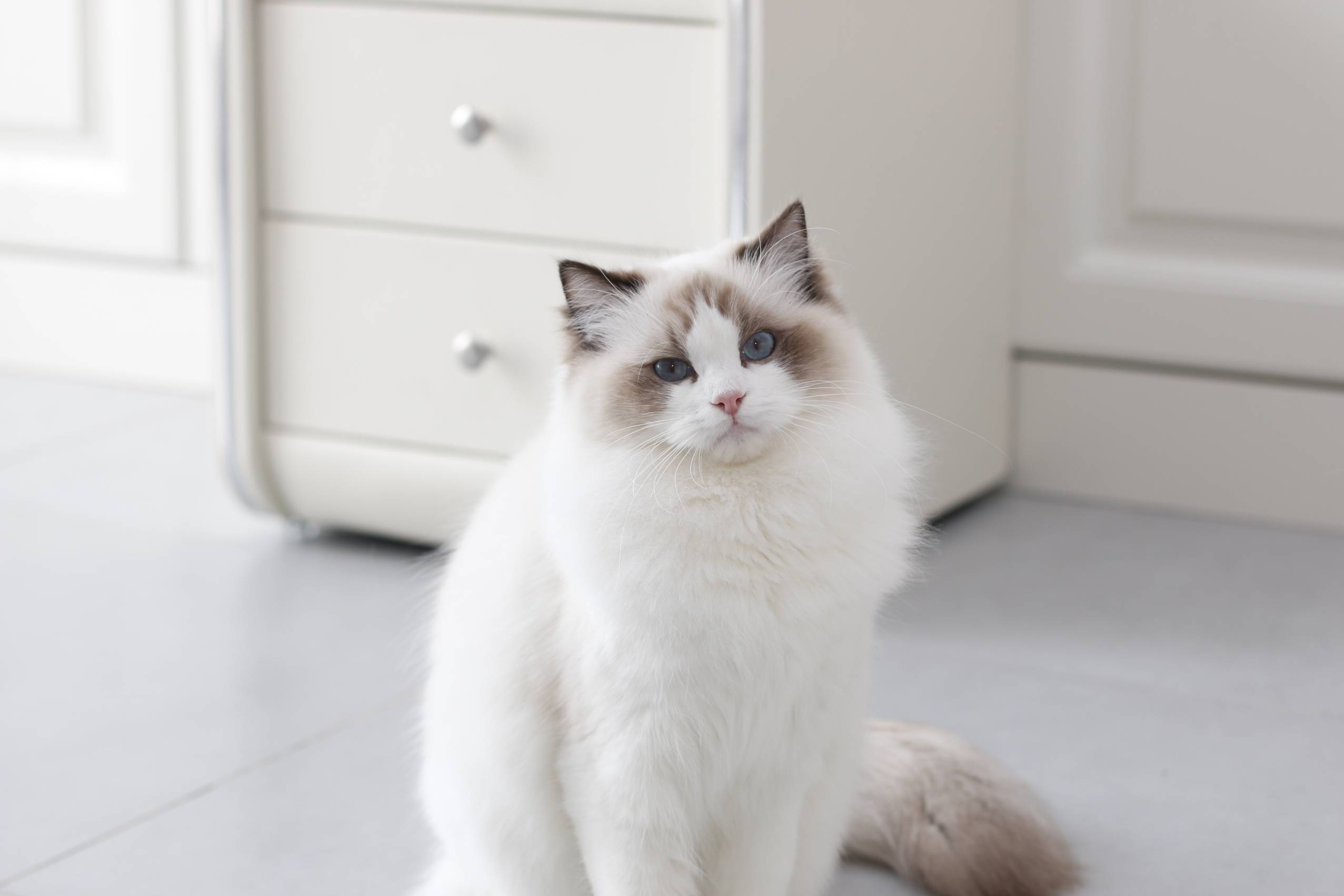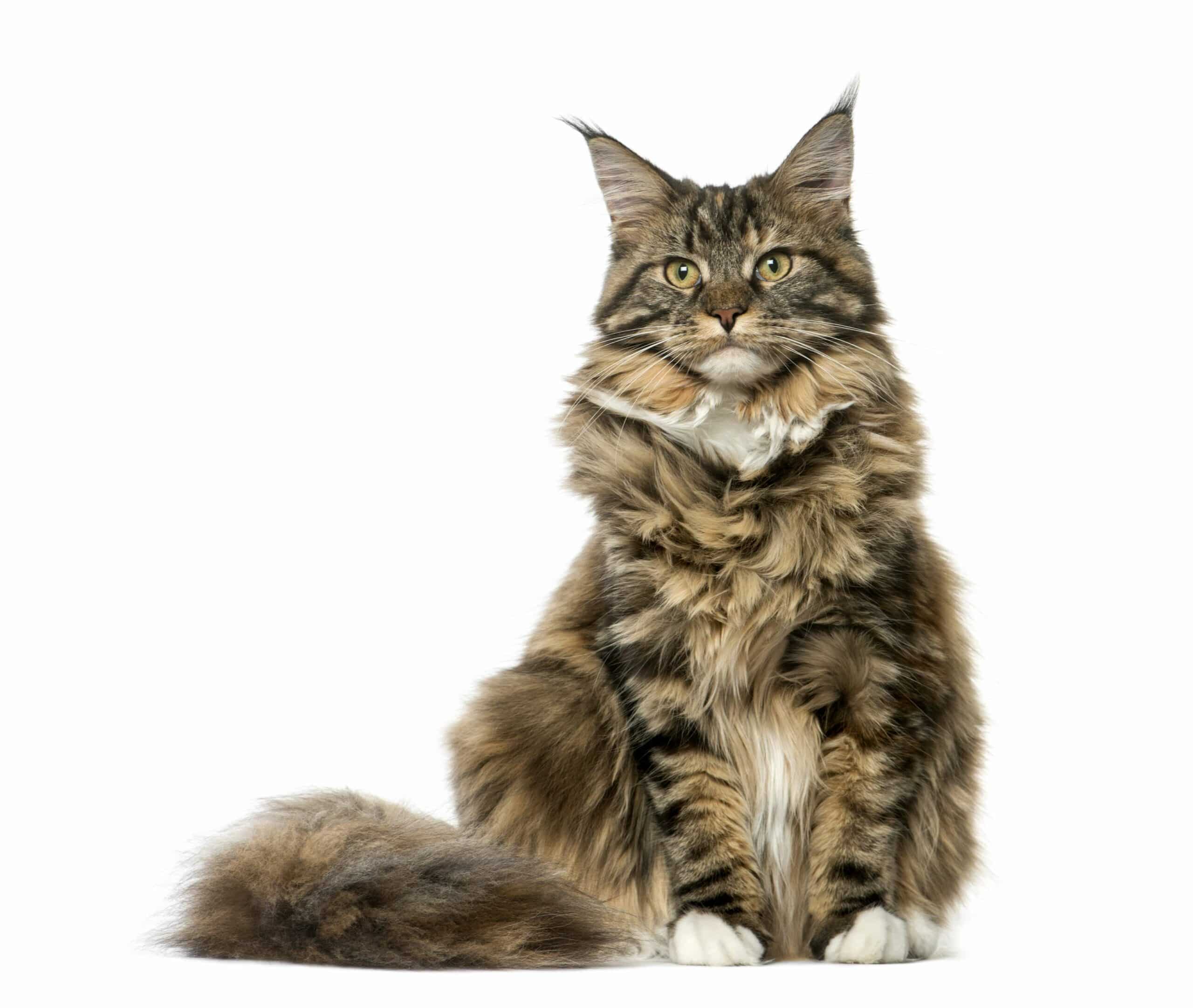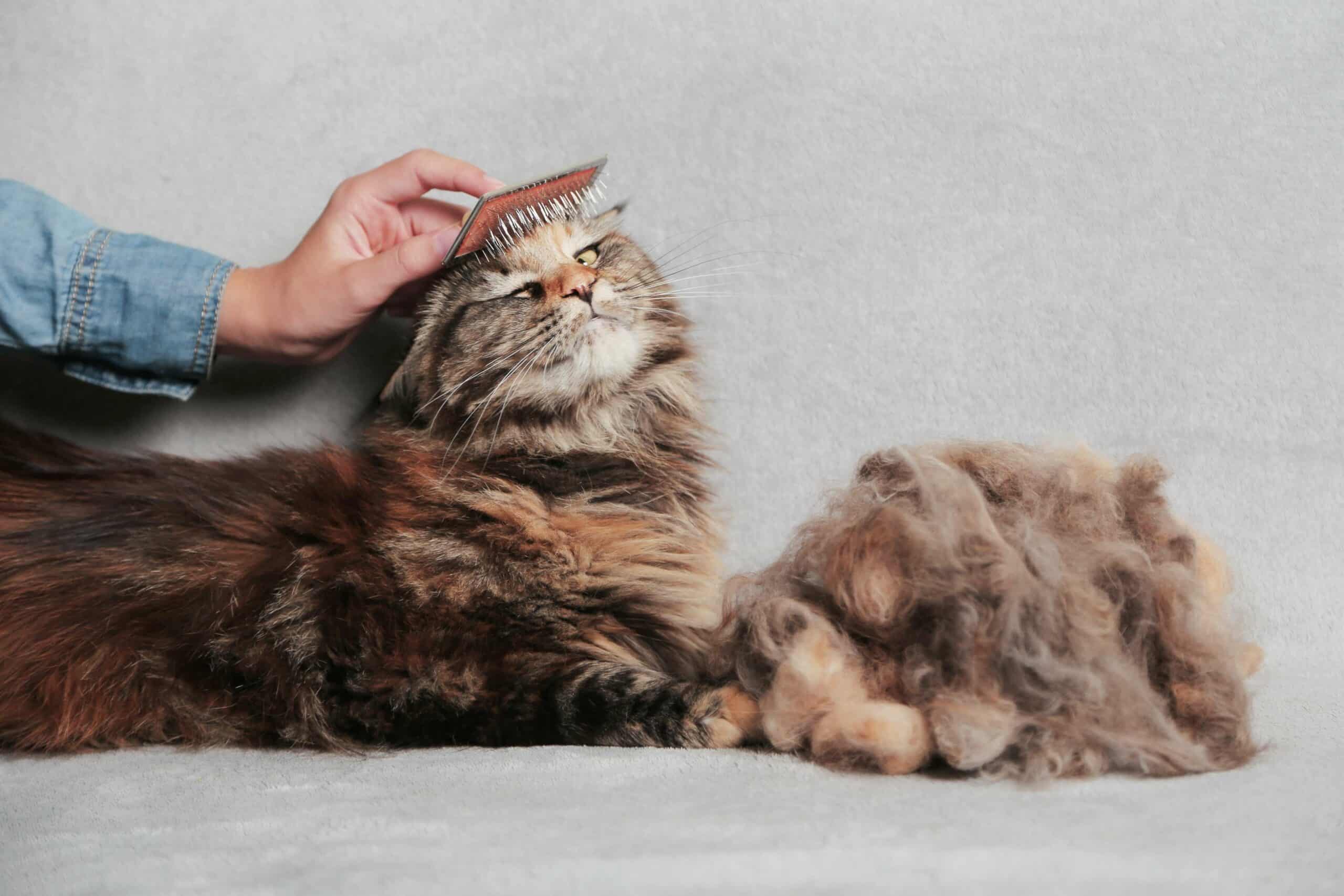
Domestic Short Hair | Wolfhurst, OH
Age : 1 YearYoungMaleMediumBrown
Coat Length
MediumHi, I'm Mr. Clean! I am a handsome, chonky-cheek boy looking for a forever home. I was a stray before and came to the shelter to find my forever family. While I am a very clean kitty, that's not all there is to me! I love to be pet, but am a shy, soft-spoken guy. I like calm atmospheres. I would like to sun myself in your windows, watch the latest True Crime episode, or snuggle up with you while you read a good book. I wouldn't be a huge fan of kids, they tend to be too crazy and loud for me. I am a good listener and love to hear about your day. Come meet me and tell me all about yourself!**Mr. Clean has tested positive for FeLV. He is an outstanding cat, a cool dude, and is very affectionate. Read below to learn more about his diagnosis or feel free to call/stop by to ask our medical team about it. Mr. Clean is a great fella and will be an amazing addition to your family!**FeLV is a virus that eventually disrupts the immune system in cats. They can live for a variable period without clinical signs, but typically have a shorter life span than other cats. Kittens usually show clinical signs sooner than adult cats.What can the adopter expect? Positive cats should not be kept in a household with FeLV negative cats â the virus is mainly spread from queen to kitten and through deep bite wounds, but over time can also be spread through mutual grooming. Over time the cat is expected to show signs of immune suppression but until this happens, they will be just like any other cat. When people are thinking of adopting a FeLV-positive cat, they naturally worry that the cat will become sick soon, and they will be facing high veterinary costs and heartache. They also worry about the risk to their own cats. Here are answers to some common questions:Is a positive test a death sentence?FeLV is quite a complicated disease, so bear with us here. The most likely scenarios are:1)The immune system can fight the infection so that it becomes dormant (âregressive infectionâ). This is quite common (20-30%). Repeat testing after 3-6 months would identify this type of infection. Many of these cats will never develop FeLV-associated disease although in rare cases the virus can become active later and cause disease.2)The virus remains active and ultimately causes disease (âprogressive infectionâ). This is a common outcome.Will I be adopting a sick cat?FeLV-positive cats are only made available for adoption if they are clinically healthy. FeLV can take months to years before it causes problems. If the cat has any unrelated active medical issues, we will let you know.Will my new cat make my other pets sick?FeLV positive cats are adopted out as only cats or to homes with other FeLV positive cats only. FeLV can be transmitted to other cats through deep bite wounds and prolonged contact, typically by sharing food and water bowls and mutual grooming. This usually takes weeks to months, so brief friendly contact is not considered a risk. While handwashing is always recommended, it is extremely unlikely that the disease will be spread on your hands or clothes. Adult cats that have been fully vaccinated for FeLV have only a small risk of becoming infected, but there is still a risk. FeLV positive cats are adopted out as only cats or to homes with other FeLV positive cats only. FeLV can only affect cats, so other animals (and people) are not at risk. When will the cat get sick and what might happen?This can be difficult to predict but typically kittens develop FeLV-associated illness sooner than adults. FeLV gradually weakens the immune system, and eventually may result in chronic infections or tumors such as lymphoma. In some cases, unusual infections can occur but in our experience itâs more common for the cat to get sick from âregularâ infections that a normal cat could shake off, such as the common cat cold. The cat may show symptoms like weight loss, poor appetite, lethargy, bad breath, runny eyes or nose, or vomiting. Survival times for feline leukemia were once thought to be 2-3 years, but more recent studies have shown that they can live quite a lot longer with appropriate basic health measures. The suvival times for kittens is usually less than for adults.Is there anything I can do to help my FeLV+ cat stay healthy?Itâs important to do everything possible to keep the cat healthy and infection-free: â¢Keep the cat strictly indoorsâ¢No raw foodsâ¢Regular vaccinationâ¢Good parasite control through your veterinarianâ¢Regular veterinary check-upsWhat if I canât afford expensive treatment when the cat gets sick?The way we see it is, every day in a loving home is important, and thatâs the greatest gift you can give this kitty. No matter what happens eventually, he or she will have had a good quality of life and lots of love and care in a home, instead of a shelter.If you really think about it, all of our beloved pets eventually face health problems, and we all face difficult choices for them at some point. When the time comes, you and your veterinarian will decide whatâs best for the animal, in a loving, respectful way.Where can I get more information?For more info: http://veterinarypartner.vin.com and enter âfeline leukemiaâ in the search box.The Adoption Fee Includes:- initial feline distemper combination vaccination- first deworming or stool check- rabies vaccination (for animals over 3 months of age)- 24 Petwatch microchipping- flea treatment/preventative- spaying or neuteringAdoption Cost: $75.00
Adoption Process
n/a
